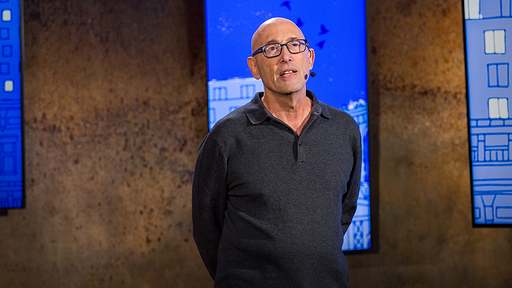
Why you should listen
Until his early 30's, Bob Stein was a full-time radical activist. In 1981, he spent a year researching and writing a paper for Encyclopedia Britannica -- "EB and the Intellectual Tools of the Future" -- and he has been involved in electronic publishing ever since. In 1984 he founded The Criterion Collection, a critically acclaimed series of definitive films, which included the first supplementary sections and director commentaries and introduced the letterbox format. He also founded The Voyager Company, which in 1989 published one of the first commercial CD-ROMs, "The CD Companion to Beethoven's Ninth Symphony." In 1992 Voyager published the first electronic books, including Douglas Adams's Hitchhikers Guide to the Galaxy and Michael Crichton's Jurassic Park. In 2004 The MacArthur Foundation provided a generous grant with which Stein founded the Institute for the Future of the Book, a small think and do tank aimed at exploring and influencing the evolution of new forms of intellectual expression. In 2005, the Institute published the first "networked books," which an important milestone in the shift to social reading and writing as discourse moves from pages to screens. After waiting 25 years, since he saw the first public demo of VR, Stein is currently working on a platform to present music and art performance in a shared social space.
